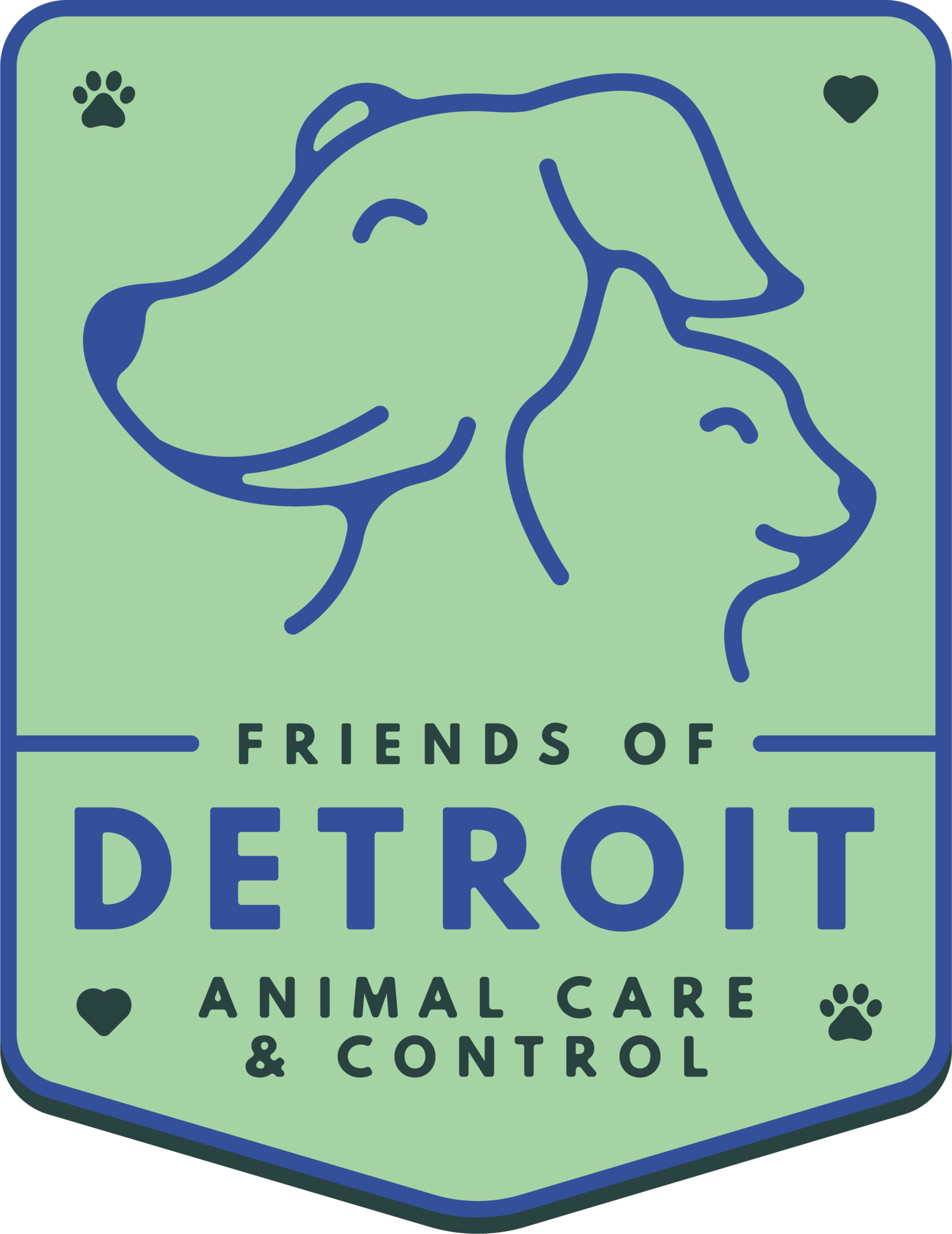
Veterinary Resources
Keeping Your Pet Healthy and Happy
Why Annual Vet Care is Important
Regular veterinary care contributes to the longevity of both dogs and cats. By ensuring their health and well-being, you enhance the quality of your pet's life, allowing for many years of companionship, love, and joy. Vaccinations and parasite control are just two examples of preventive measures that can safeguard your pet's health, ensuring they live a long and fulfilling life. Your pet should visit the vet at least one per year to stay up to date on vaccines.
-
Regular veterinary check-ups are essential for preventive care. Vaccinations, parasite control, and dental cleanings are just a few examples of preventive measures that can safeguard your pet's health, ensuring they live a long and fulfilling life.
-
Routine veterinary visits help in early detection of potential health issues. Timely screenings and tests can identify diseases before they escalate, allowing for prompt treatment and a higher chance of successful recovery.
-
Veterinarians provide personalized advice on nutrition and exercise, ensuring your pet's specific needs are met. A balanced diet and appropriate exercise are fundamental to your pet's overall health and vitality.
-
Veterinary professionals can offer valuable insights into your pet's behavior. Behavioral issues often stem from underlying health problems or stressors, which can be addressed with expert guidance, improving the quality of life for both your pet and your family.
-
In unforeseen emergencies, having a relationship with a trusted veterinarian is invaluable. Quick access to medical expertise can make a significant difference in critical situations, potentially saving your pet's life.
FREE Spay/Neuter for Owned Dogs of Detroit
Friends of Detroit Animal Care and Control (FoDACC) is proud to partner with Project GRACE, a life-saving collaborative initiative between Dog Aide and Bark Nation, aimed at providing free spay and neuter services for owned dogs residing in the city of Detroit.
Project GRACE stands as a beacon of hope for Detroit's pet owners, offering free sterilization services without any income or breed restrictions. This partnership is a significant step forward in promoting pet health and keeping them out of the shelter in the first place.
Why Spay/Neuter is Important
Spaying and neutering are simple yet incredibly impactful procedures that contribute significantly to the overall health and happiness of both pets, their human families, and our community. Spaying/neutering pets is the most important thing we can do to address the current crisis in animal welfare and the overwhelming numbers of homeless pets coming into our shelters and rescues.
-
Spayed/neutered pets are far less likely to roam and get lost, and they are much calmer around the opposite sex. Neutered male pets are generally less aggressive and are less likely to engage in territorial marking or fighting. Spayed female pets do not experience the stress and discomfort associated with heat cycles, leading to a more peaceful and content demeanor.
-
Spaying and neutering can improve the overall health of pets. Female pets that are spayed have a reduced risk of uterine infections and breast tumors, which are often cancerous. Neutering male pets decreases the risk of testicular cancer and prevents certain behavioral issues, such as aggression and roaming.
-
Countless animals end up in shelters every year, and sadly, millions are euthanized because they do not find forever homes. Intentional and unintentional breeding of pets is the primary contributor to the current crisis in animal welfare - there simply aren’t enough people who are able and willing to care for all the puppies and kittens. By spaying and neutering, we can curb overpopulation, reducing the number of animals in shelters and giving those already in need a better chance at adoption.
Why Heartworm Prevention is Important
Heartworm disease is a serious and potentially fatal condition caused by parasitic worms that invade a dog's heart, lungs, and blood vessels. These worms can grow up to a foot long, causing severe damage to the vital organs and hindering the normal functioning of the cardiovascular system. Heartworm is transmitted by mosquitos, so it is very common in Michigan among dogs who don’t receive heartworm prevention medication.
-
Preventing heartworm disease is far easier, more cost-effective, and safer than treating an active infection. The average cost of heartworm treatment is about $1,000, but the average cost of prevention is only $15/month. Monthly preventive medications are readily available, ensuring your dog is protected against heartworms, along with other parasites like fleas and ticks.
Prevention works by killing juvenile heartworm before they become adults, so it’s important to give it to your dog even if the mosquitos aren’t present.
-
Prevention methods are painless and non-invasive, involving a simple monthly dose of medication that your dog will think is a treat! Regular administration ensures that your dog is continuously protected, giving you peace of mind about their health.
On the other hand, heartworm treatment injections are uncomfortable and your dog will feel under the weather for several weeks.
Treats are better than shots!
-
Heartworm prevention not only saves lives but also enhances the overall quality of life for your dog. By avoiding the debilitating effects of heartworm disease, your furry friend can enjoy an active, healthy, and happy life.
-
Your veterinarian can recommend the most suitable heartworm prevention plan tailored to your dog's specific needs. Regular check-ups ensure that your pet is receiving the right medication and dosage, maximizing its effectiveness.
Veterinarian Listings
Theses map shows the locations of veterinarians in Detroit (purple icons), and low-cost veterinarians in Metro Detroit (red icons). Please check their websites or call for details about hours, services, and pricing. Detroit Animal Care & Control (DACC) and Friends of Detroit Animals Care & Control (FoDACC) are not affiliated with any of these facilities.



